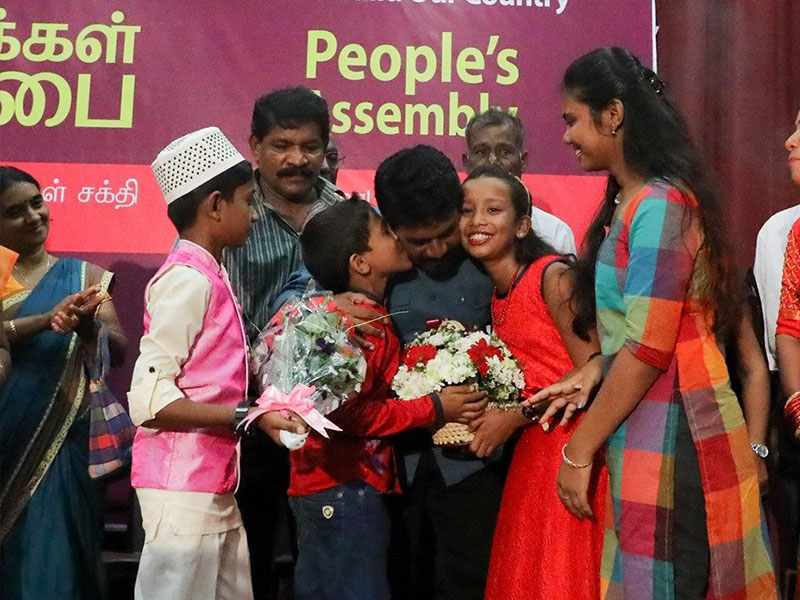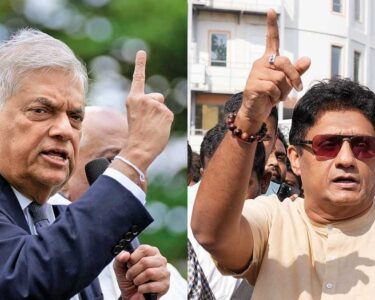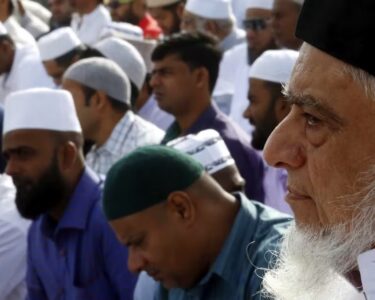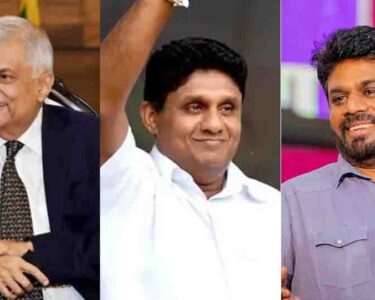Sri Lankan politician Anura Kumara Dissanayake, head of the National People’s Power (NPP), is spearheading a bold vision for a national liberation movement. He proposes to tackle the country’s deep-seated social, political, and economic woes through a broad coalition rooted in the leftist JVP party and encompassing all communities united against the corrupt elite.
However, Dissanayake’s call for unity faces a formidable obstacle: the scepticism of Sri Lanka’s Tamil minority. Concerns regarding the NPP’s commitment to inclusivity stem from two key factors: their past association with the Rajapaksa regime, known for its problematic record on minority rights, and the party’s historical reluctance to embrace crucial issues like devolution of power and the 13th Amendment, which guarantees minority rights.
Many Tamils remember the Rajapaksa era with pain. The brutal civil war ended under their watch, and their policies often marginalized minority communities. Dissanayake’s past support for the Rajapaksas, coupled with the NPP’s ambiguous stance on key issues like devolution, casts a shadow over his current message of unity.
Dissanayakeneeds to clarify the NPP’s position on these sensitive matters. It asks the party to demonstrate concrete steps towards addressing historical injustices faced by minorities, arguing that this is the only way to convince Tamils of their genuine commitment to inclusivity.
Only then, under a banner of clear progress and shared responsibility, can Dissanayake’s national liberation movement truly hope to unite all Sri Lankans, irrespective of their ethnic background. The road to unity remains unclear, and bridging the trust gap with the Tamil community will be an essential step on Dissanayake’s ambitious journey.







